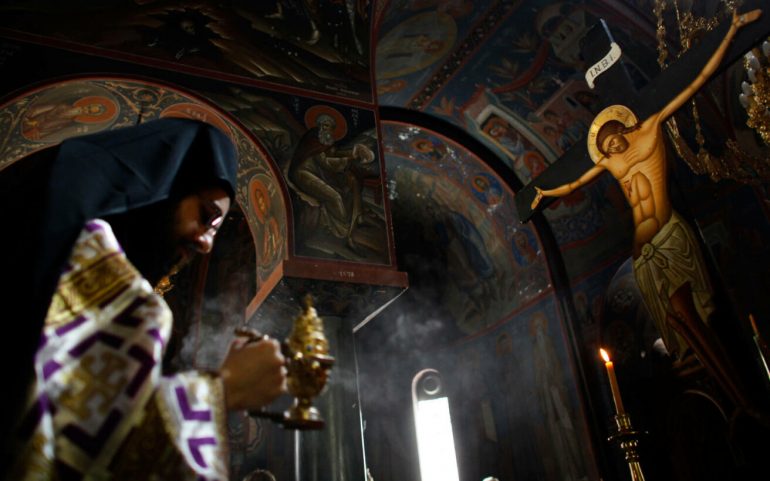With his pandemic coronavirus to have changed the daily lives and lives of millions of people around the world, this year's Easter for Christianity will be different from the rest.
Last Sunday - the Easter of the Catholics - we saw the internationally renowned tenor Andrea Bocelli sing hymns in the empty Duomo of Milan, causing thrills and admiration to those who watched him, confirming once again how gloomy the reality is. of the coronavirus and how necessary it is for everyone to adapt to the new data.
With the belief, however, that most are not shaken by the pandemic or any other catastrophic circumstance, we take a look at the past and how the Greeks in times of great crisis celebrated the Easter.
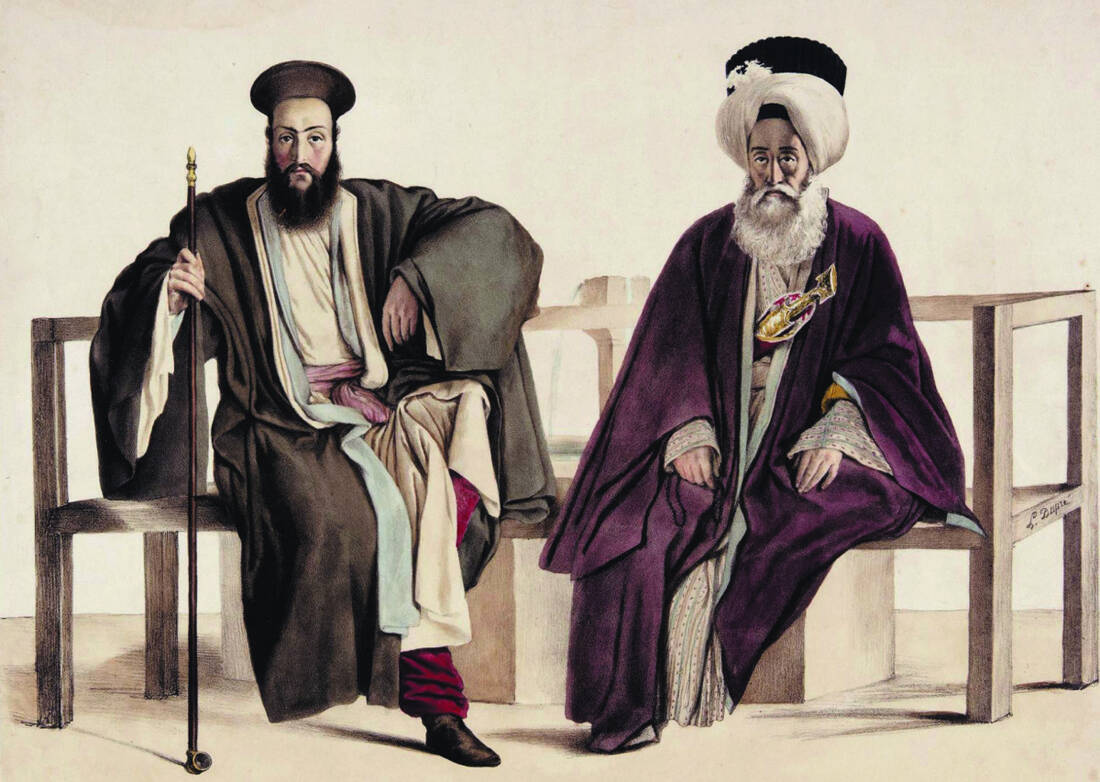
During Turkish rule to reach 400 years (an average as some areas of Greece were under the Turkish yoke for 500 years and others for 100), many times the Greeks celebrated Easter with oppression and threats, persecution and martyrdom, bitterness and pain. However, there were some periods when, due to the religious privileges granted by the conqueror to the Greeks, the celebrations of Easter in Constantinople took place freely, while not even a few times even the Turks participated in them.
Thus, for a long period of time every Easter, the door of the Lantern remained open for the three nights of Lambra, with the Christians passing freely through the wall with their lanterns after a special decree (bouyurdi) that came out every year. According to this, no one was allowed to harm a Christian child or woman these days, as the punishment otherwise was very severe.
Moreover, during the first two centuries of slavery until about 1682, the sultan "kissed the patriarch and was kissed by him", with the patriarchate setting a rich table for the sultan's representatives during these holy days.
A historical document of the Ecumenical Patriarchate of Constantinople dating from 1772 and found in the Holy Monastery of Sinai, reveals on the other hand, how the Turks acted in order to stifle the religious feeling of the Greeks in order to destroy every ray of hope and joy that created hope and joy. of Easter to the faithful.
As it appears from the specific document, the Christians they should follow the orders of the Gate and be dressed in poverty and not in formal costumes, while celebrations with dances and songs in the streets as before should give way to mourning silence with Christians sitting in their homes and avoid travel and visits to sacred shrines.
In many parts of our country, however, many of the tyrannical decrees banning festivals and celebrations were defied by the inhabitants of villages and towns, who organized feasts and celebrated Lambra Day with songs and dances wearing colorful costumes.
The war conflict with the greatest losses that Greece experienced from 1830 until today and the most tragic confrontation in Greek society during the 20th century, perhaps since the founding of the modern Greek state. The Greek civil war that lasted from March 1946 to August 1949, is considered worldwide as the first act of the Cold War in post-war history.
At the end of it he left behind about 30.000 victims, while in the following years military courts followed and mass exiles, persecutions and tortures of leftists. Its serious consequences are also the large number of refugees and the violent movements, mainly in Northern Greece, and of course the great poverty that plagued the people.
A rare video documentary from the British Pathé archive, a collection of films and news videos with documents that take us back a century, by the British news and documentary company Pathé News, depicts Easter celebrations in Greece during the civil war. and more specifically during the Easter of 1947.
The video shows a parade, various soldiers holding skewers with roasted lambs outside the Haidari camp, as well as Colonel Ventiris surrounded by soldiers, maintaining the custom of breaking red eggs, the Evzones, guards of the royal palace they also break red eggs, the decoration of the Epitaph in the church of Agios Theodoros in the center of Athens, and, finally, Napoleon Zervas, Minister of Public Order and leader of EDES and the National Party with Alexandros Papagos standing a little further back.
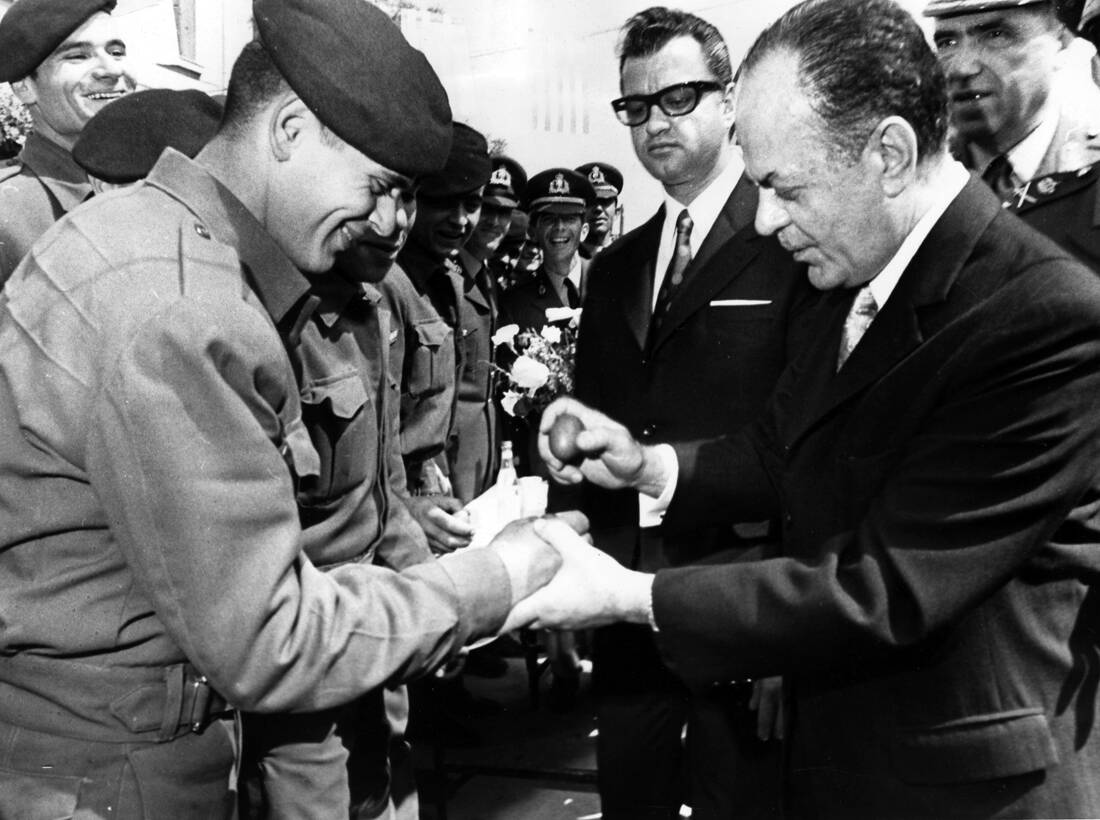
It was April 21, 1967, when Colonel Georgios Papadopoulos, with the help of Armored Brigadier General Stylianos Pattakos and Colonel Nikolaos Makarezos, as well as other land soldiers, took power in a coup d'etat. Revolution of April 21. "
The democratic state of Greece was overthrown and a dictatorship was imposed which lasted for seven whole years. Its status Junta From the very first hours of its implementation, it imposed martial law for an indefinite period of time, strict censorship and a ban on any political activity.
April 21st happened to be the Friday before Lazarus' Saturday, which together with Palm Sunday "foreshadow" the coming of Holy Week. A Holy Week, which as it turned out afterwards, would not be at all similar to those that the Greek people had become accustomed to before.
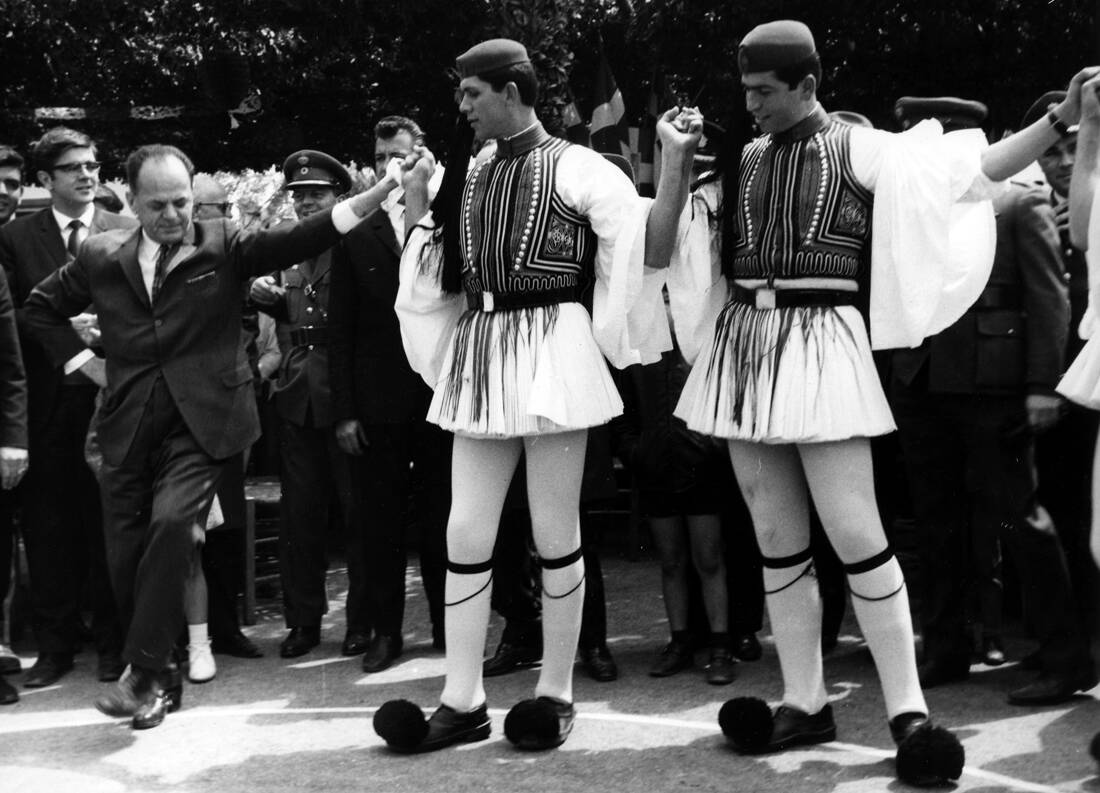
The Holy Week of 1967, therefore, coincides with the first days of the junta for Greece. Gloom, no anticipation of joy and pure sorrow characterize the Greeks, who felt the fear of overshadowing everything and slavery weighing on their morale. A bitter Easter was written in the pages of Greek Orthodox history, with only Greeks who managed to celebrate with a free mind and in a better mood to be those abroad.
On the other hand, there were many juntas who did not hesitate to identify her Resurrection of Christ with the Resurrection -as it was characterized- of the Nation, organizing various brilliant events with a strong element of kitsch and set up publications.
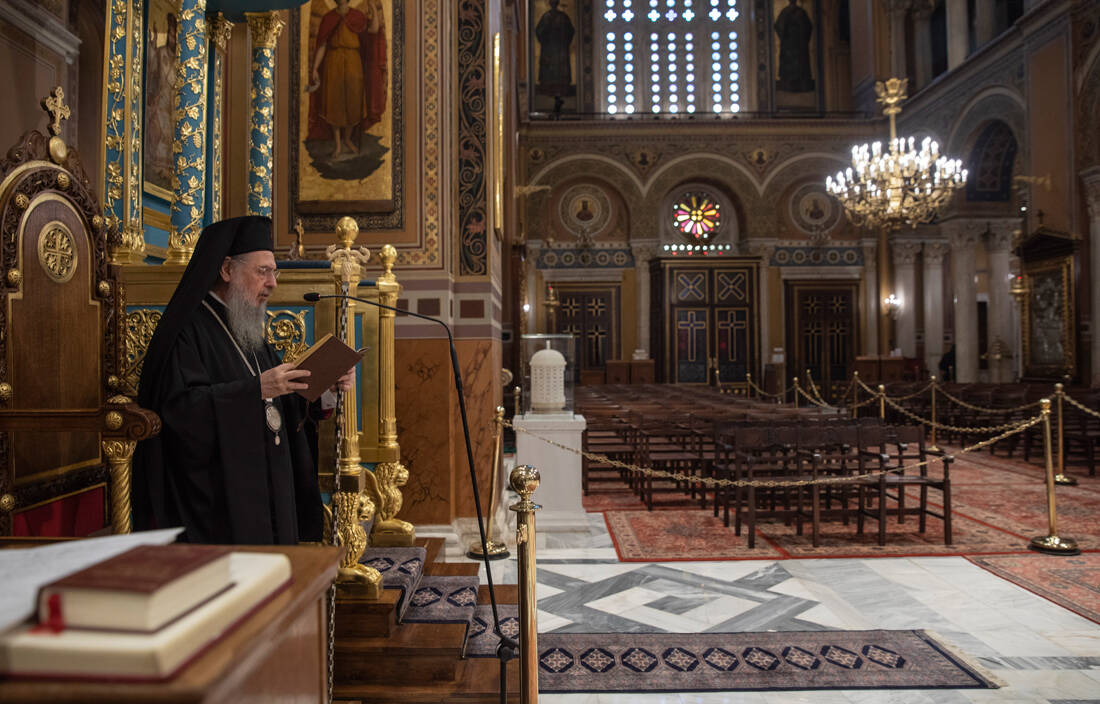
Easter 2020, for those who have not lived that of '67, will surely be unforgettable for everyone. An Easter completely different from what we are used to today, which we will remember forever and discuss for several years as it is certain that we will not sting the spear in the countryside.
With churches all over Greece being closed to the faithful and its divine services Holy Week to be performed only behind closed doors, due to the coronavirus pandemic, it is almost certain that those who want to celebrate the Resurrection on the night of Holy Saturday will watch the Resurrection service from their television receivers.
In fact, there are many who are already active through social media, urging people to go out on the balconies of their homes and chant "Christ is Risen" with lighted candles in their hands.
With the government tightening the measures at the exits from the big urban centers, extending throughout the country the measure of doubling the fine to 300 euros together with the removal of license plates for two months from the night of Holy Saturday at 21.00 until midnight. Easter Monday, cottages in the village, trips to the islands and walks in family homes for this year do not exist as a thought, at least for most Greeks who have complied with the measures taken by the state to limit the spread of its cases Covid-19.
So, the Easter 2020 will be intertwined for all with the "we stay home" and the common struggle of all humanity to confront and fight the new coronavirus.
